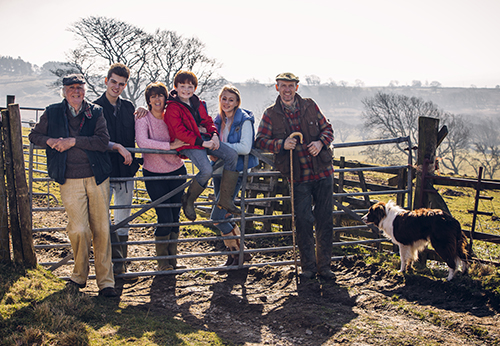
The most common business structures in farming is a partnership. A partnership has a much less formal structure than a limited company and having a partnership agreement in place can protect partners and the business, particularly in the event of death, divorce or disagreements.
If there is not a partnership agreement in place, the partnership automatically ceases upon the death of a partner; the most immediate impact being that the business bank account will be frozen. In a partnership agreement, there should be a clause to confirm that upon the death of a partner, the partnership would continue.
The agreement adds stability, by providing the opportunity for the partners to ‘agree their own rules’ – there are no statutory clauses that have to be included. It can include how new partners are brought into the business and how partners leave (for good or bad reasons); detailing what leavers and the remaining partners are entitled to in such circumstances. It can detail a profit-sharing ratio and good practice would also be to allow the partners to vary that ratio when beneficial to them (e.g. for minimising the family’s tax burden).
The agreement should detail the partnership’s properties and what each partner’s associated stake in the partnership is. How property is owned in a partnership can have significant impact on important tax reliefs.
In terms of decision making, some may need to be unanimous (e.g. to sell the farm, admit a new partner, or radically change policy), some by simple majority (e.g. investments up to a certain limit) and some by any individual partner (e.g. day to day expenditure) – the agreement details all this.
You may never need to refer to the agreement, but it’s good to have, just in case – and usually if you need to refer to it, you will be pleased you completed it.
Kathy Harris
More News